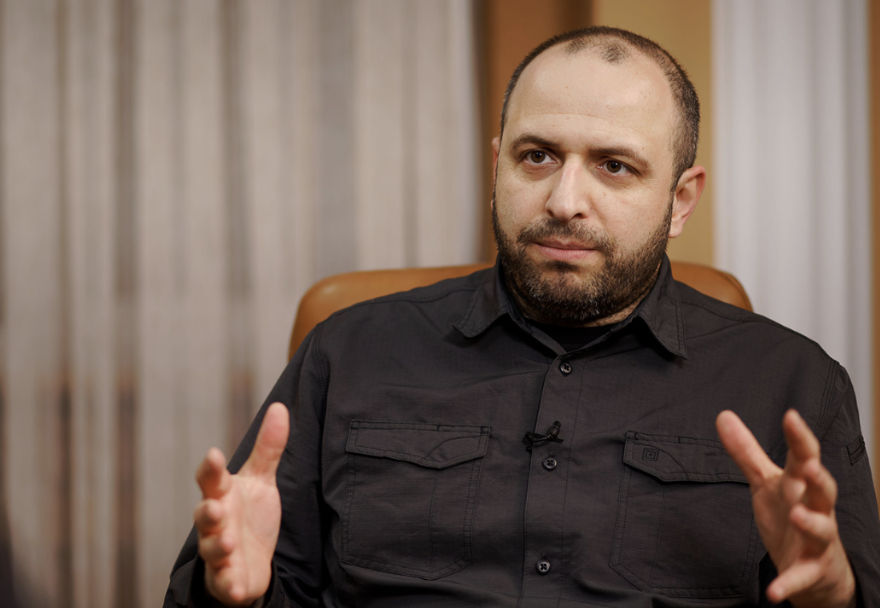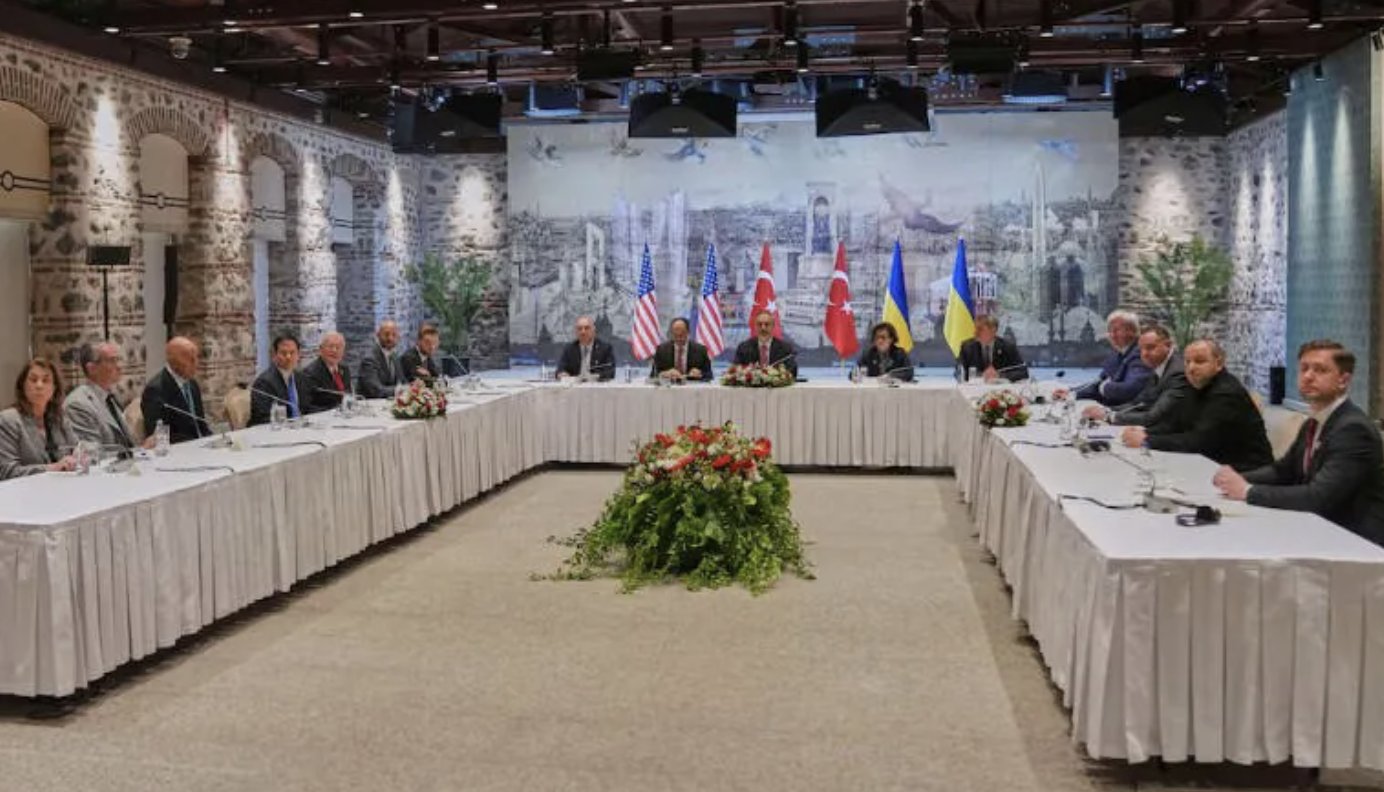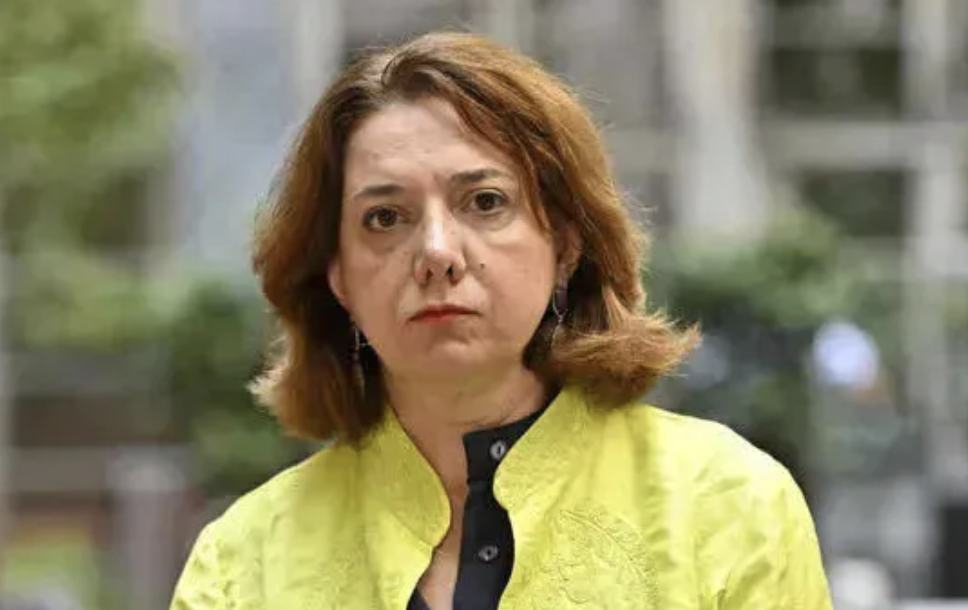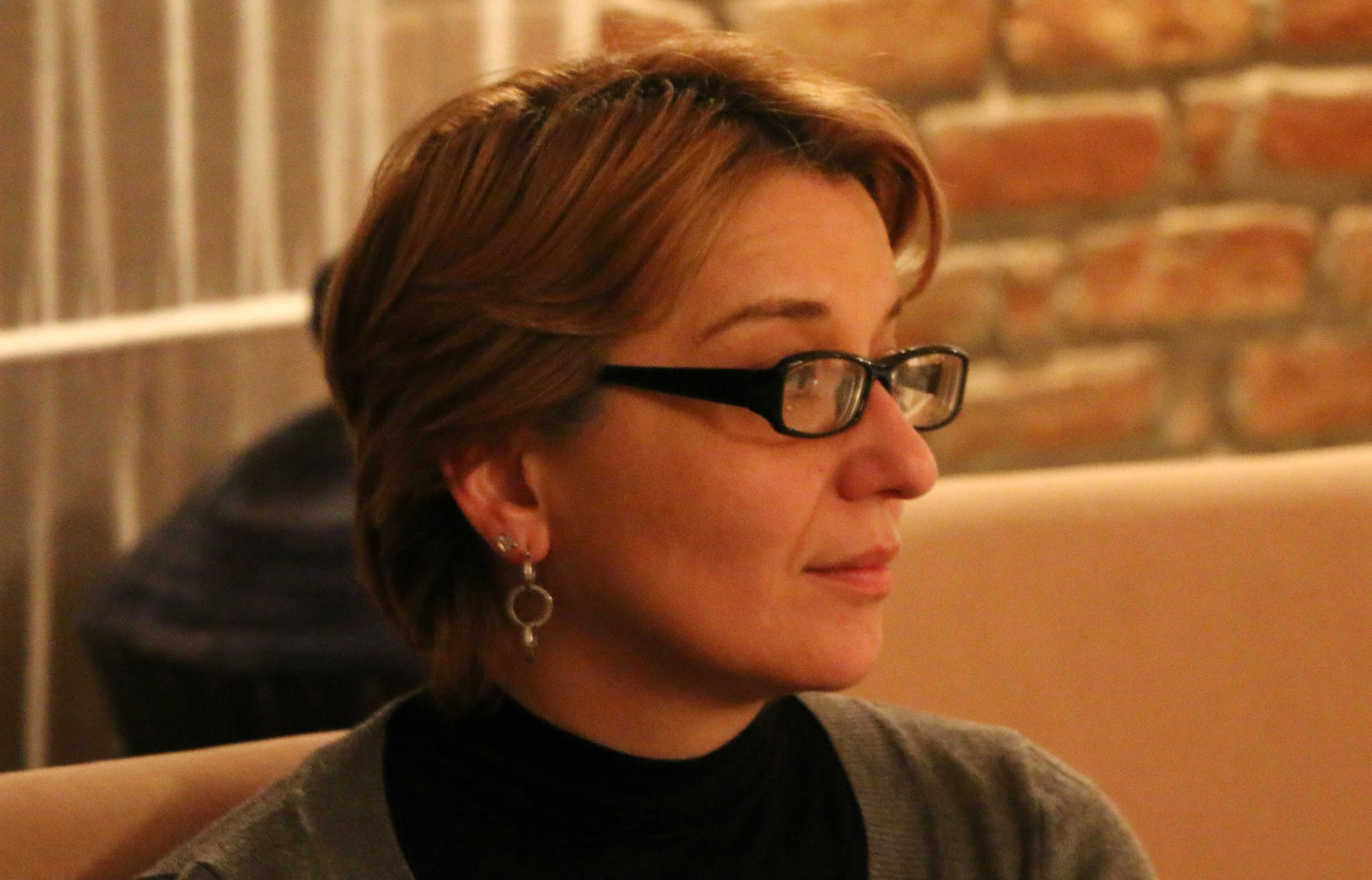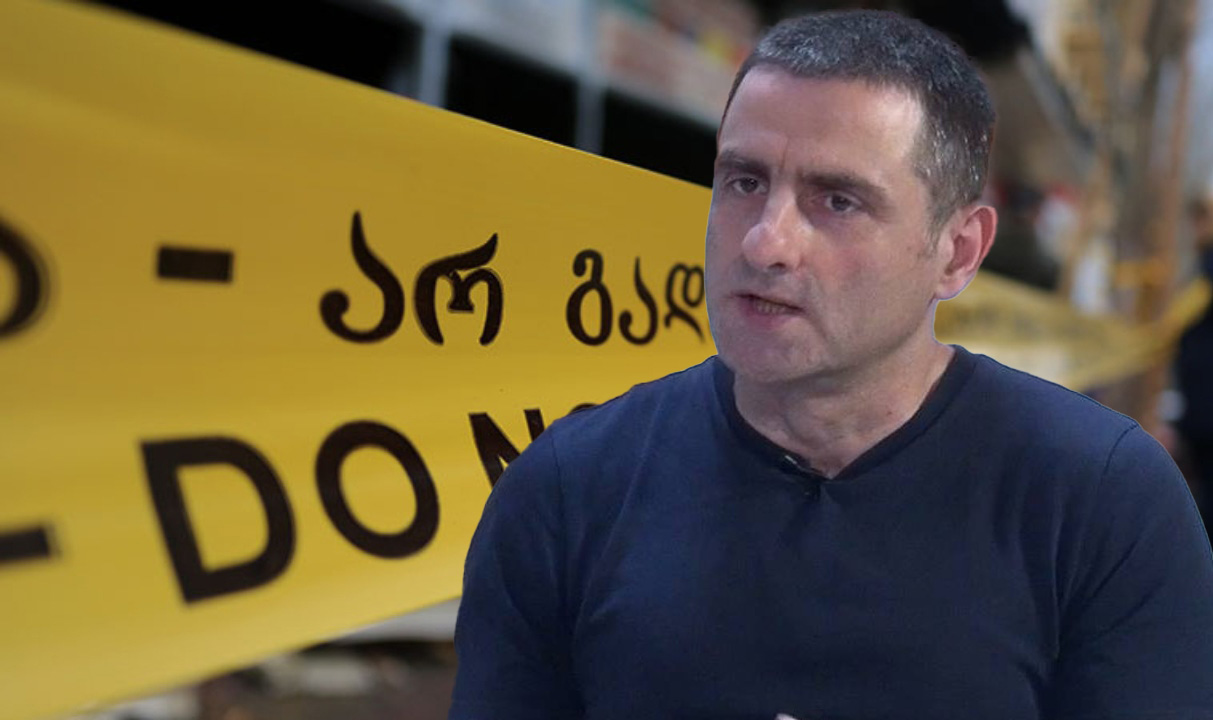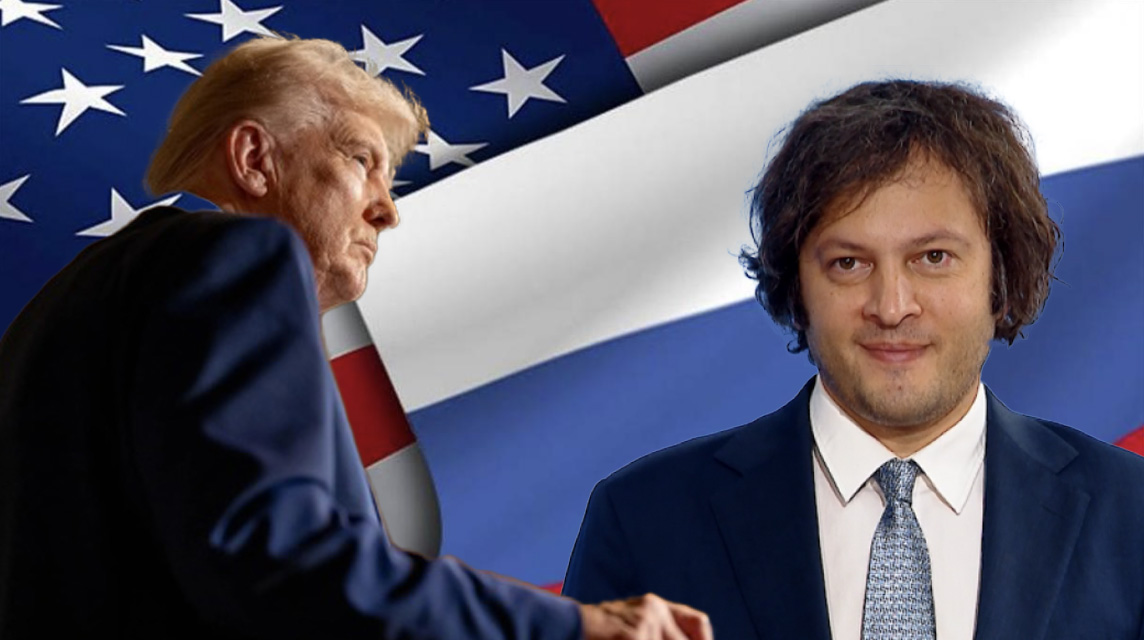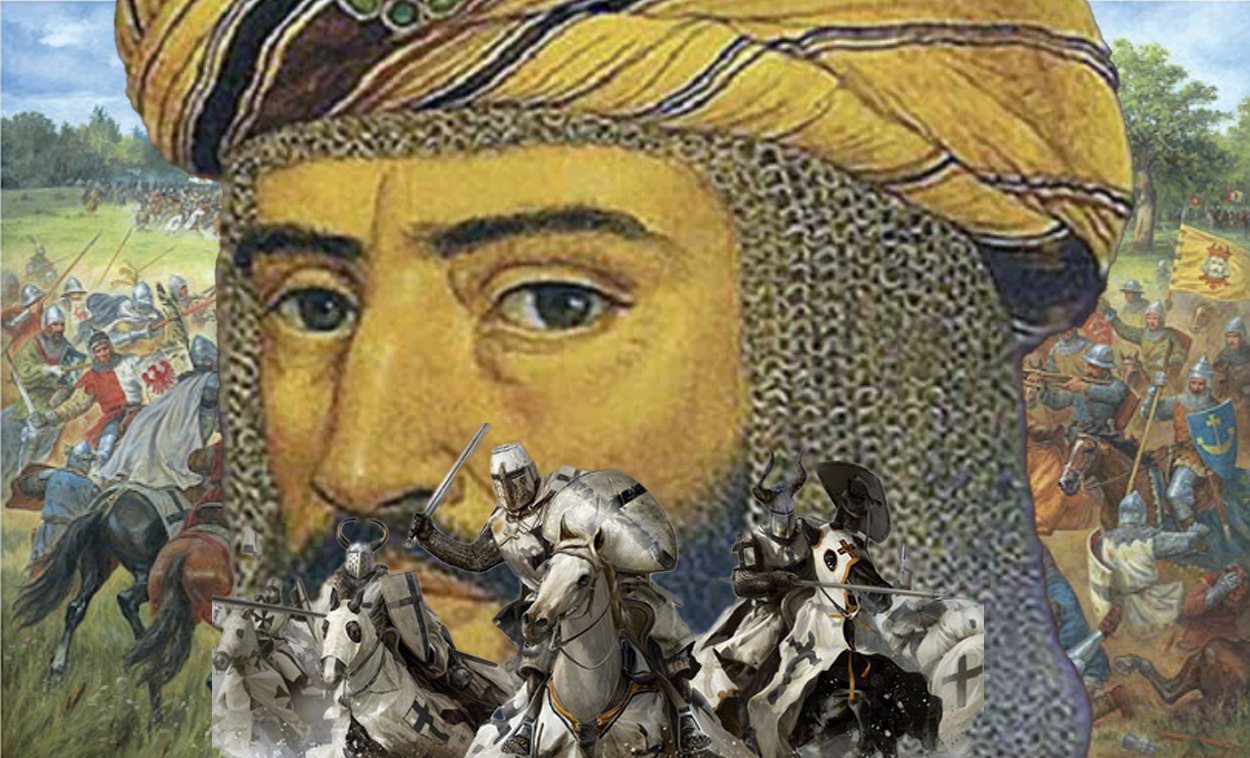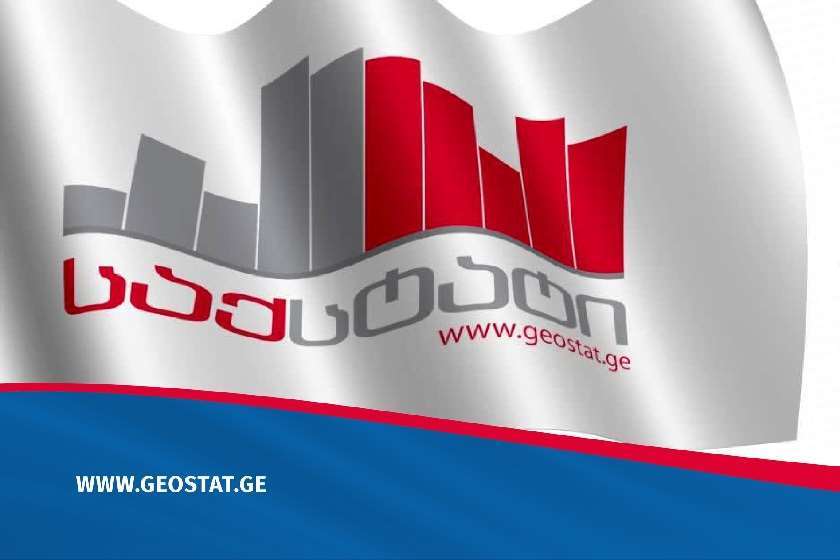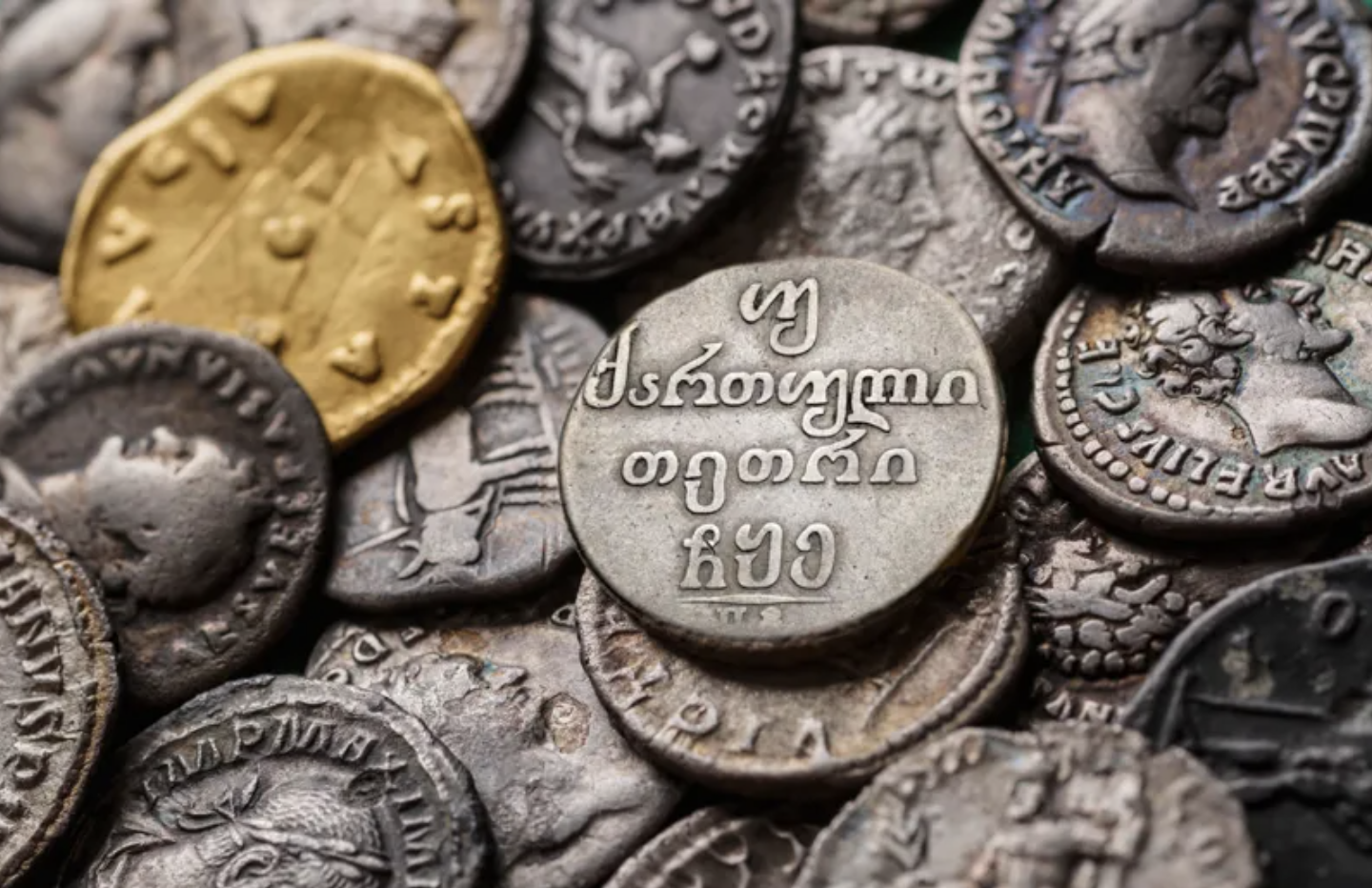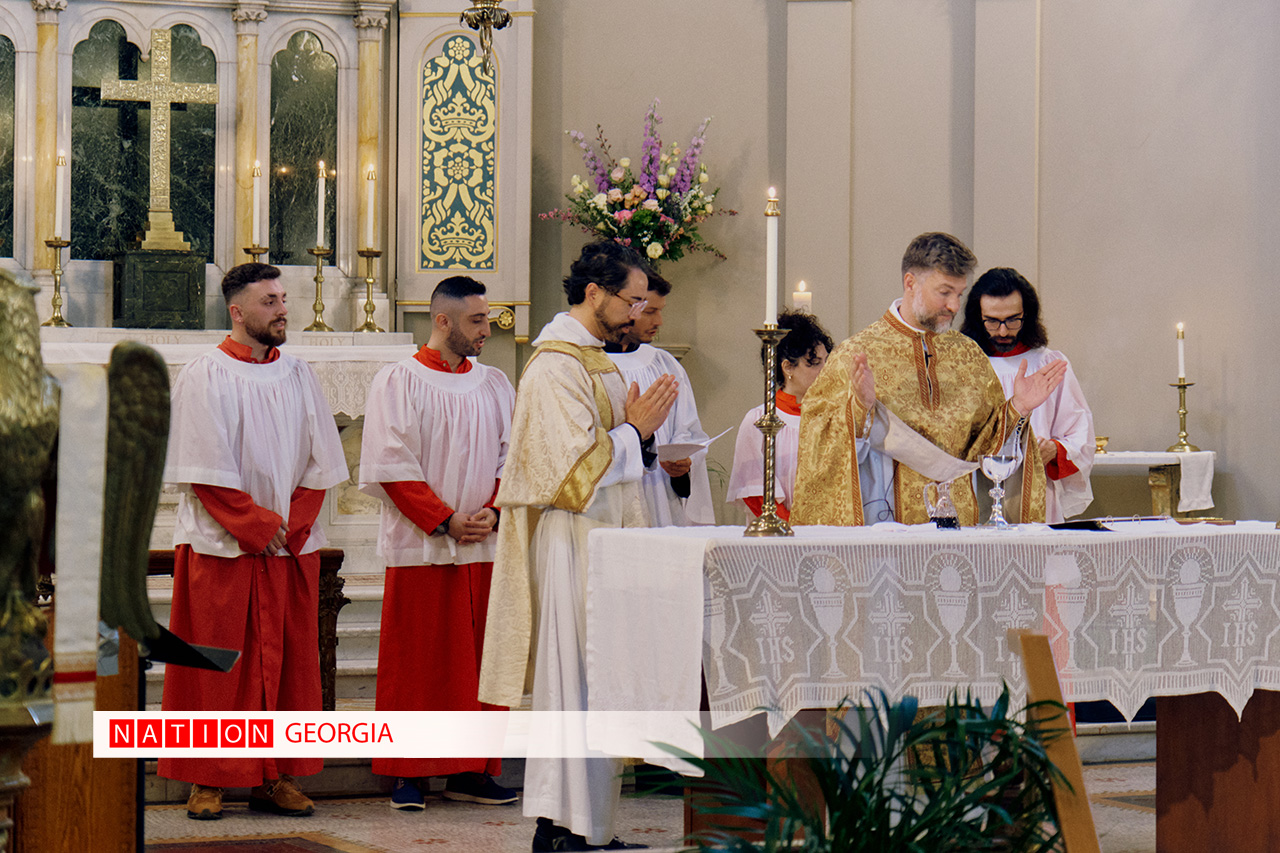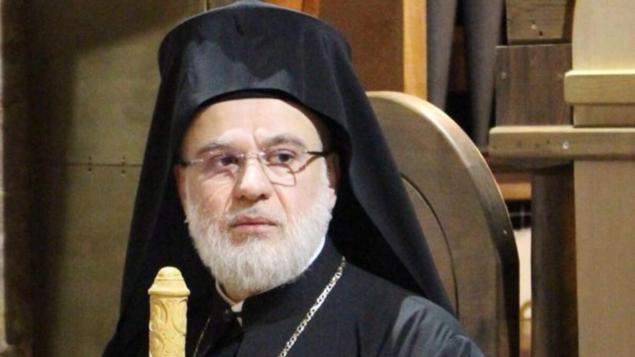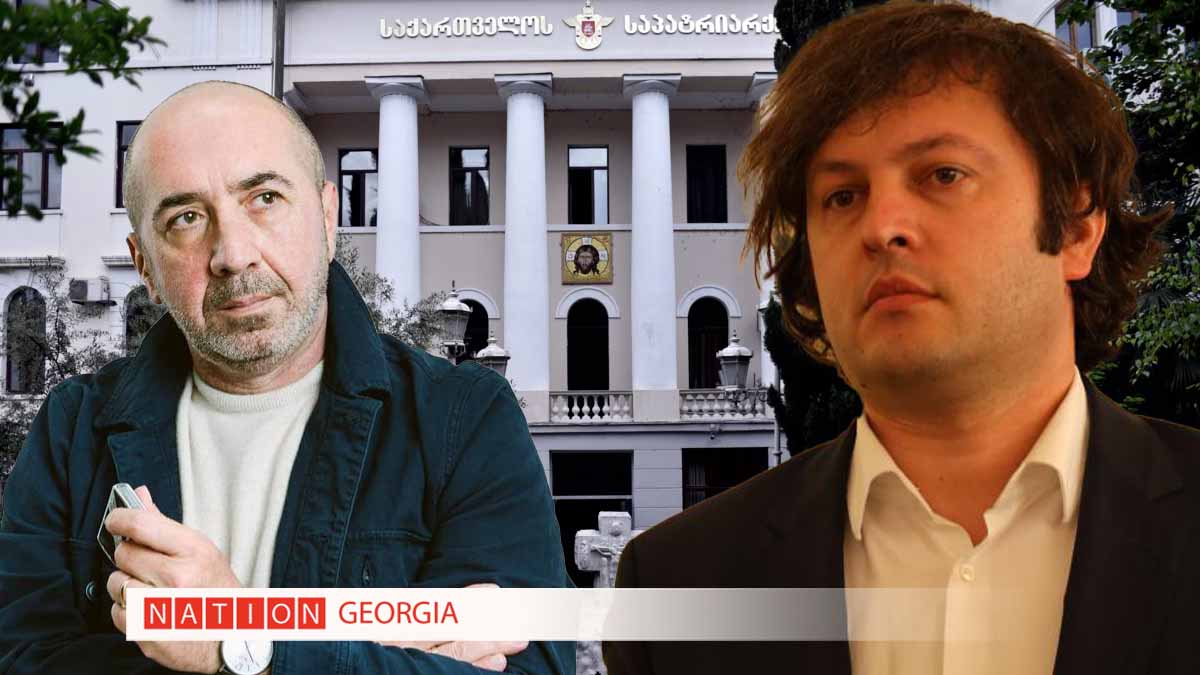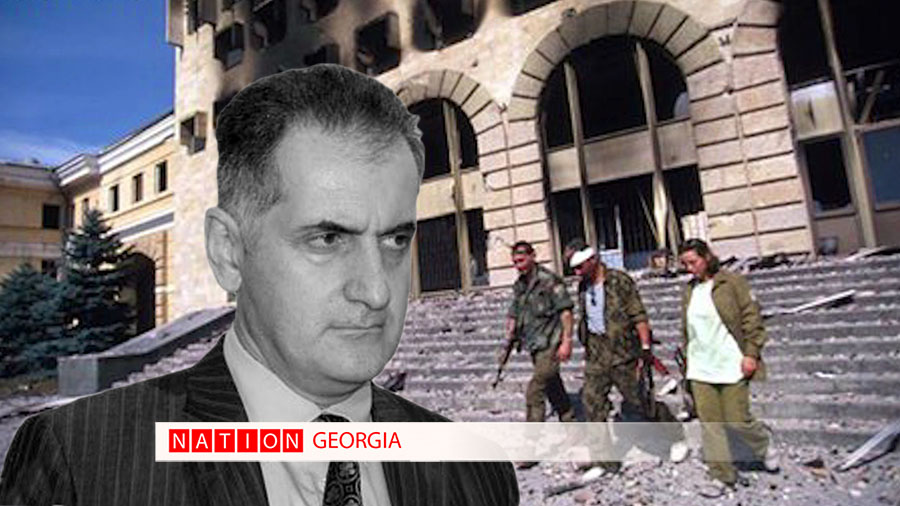
Russia’s authorities denying political prisoners contact with their families - Amnesty International
27.06.2024 ნახვები: 263
This is said in a report by the human rights organization Amnesty International, according to Ukrinform.
The Russian authorities routinely refuse requests for social visits and phone calls at the investigation stage and during the trial. In other instances, the investigative authorities designate family members and other close relations as formal witnesses in the case and cite this as grounds for depriving detainees from contact with their loved ones, and withhold letters sent to and from detainees and prisoners, often for weeks or even months.
Read also: Russia systematically deprives Ukrainian POWs of right to fair trial - human rights activistIn addition, the authorities implement early transfer of prisoners from the remand centre where they are held during the investigation and trial to other penal institutions before their sentence comes into force. Another form of harassment widely used by the penal authorities is arbitrarily placement of the prisoner in disciplinary cells, which under Russian legislation automatically deprives prisoners of visits and phone calls.
“For a detainee facing investigation and trial, the denial of contact with the outside world is an effective reprisal used by the authorities to gain confession or a guilty plea. It is also a convenient form of punishment for lack of ‘cooperation’, or retribution for being outspoken government critics,” the AI added.
Human rights activists stressed that existing gaps and shortcomings of Russia’s legislation – which “does not fully comply with international standards on treatment of detainees” – have made it possible.
As Ukrinform reported, the number of political prisoners and persecuted persons in temporarily occupied Crimea has reached 331 since 2014. Of these, 54 have already been released, including 34 representatives of the indigenous Crimean Tatar people.

